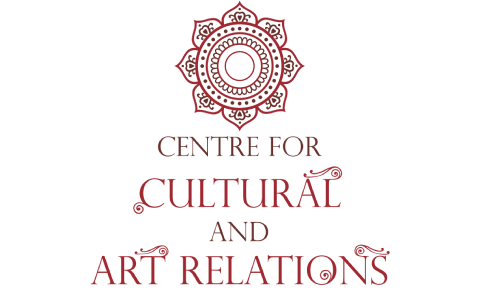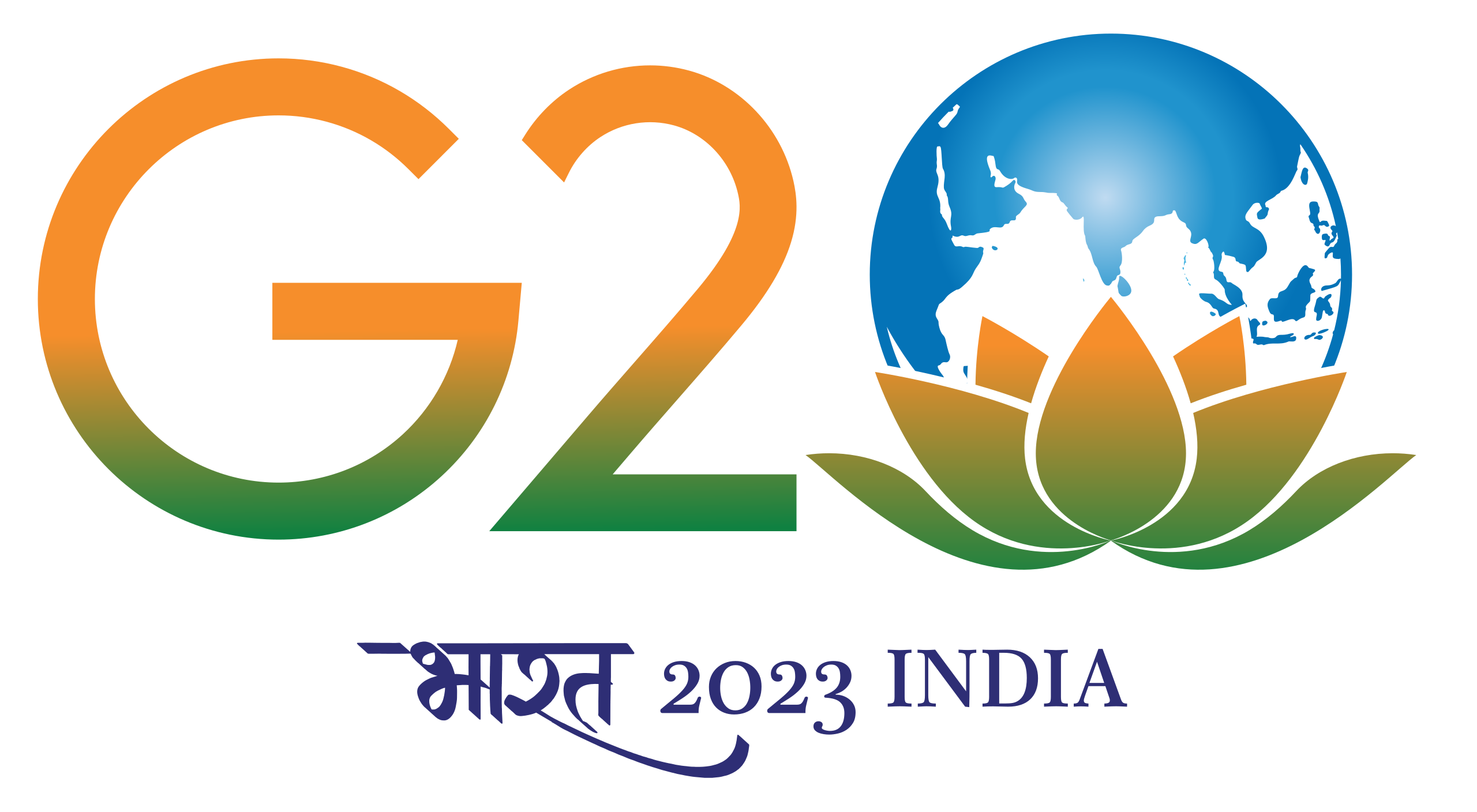Centre for Cultural and Art Relations (CCAR)

Chairperson:
Dr. Rajanikant G. K.
Mailing Address
Dr. Rajanikant G. K. Chairperson Centre for Cultural and Art Relations NIT Calicut 673601
It goes without saying that creativity and innovation are indispensable qualities in the engineering field. Even though engineering students are introduced to the engineering design process, this does not necessarily translate into the development of creative ability that can be applied more broadly. Introducing performing arts such as dance, music, drawing, painting, and drama as an integral part of engineering curriculum and encouraging students to learn may help to develop and train engineers to be creative. Furthermore, practicing performing arts may improve engineers' discipline, dedication, focus, and confidence. The ability to innovate and communicate, which can be developed through music and the arts, is what leads to scientific excellence. Indeed, ancient Indian universities like Takshashila, Vallabhi, Vikramshila, and Nalanda used holistic approaches in education system, combining arts, communication, vocational skills with science and medicine.
Hobbies are an excellent way to deal with mental health issues, and significantly improve the overall fitness and well-being. Engineers are hard workers, so taking up a new hobby in the form of arts, dance, music, or drama may be just what they need to relieve stress. Furthermore, hobbies are one of the defining factors that employers now use to determine personality type because they indicate a well-rounded nature of a candidate. As a result, learning performing arts not only improves the overall fitness and well-being but also increases employability.
Following the new National Education Policy (NEP) 2020, the emphasis on multidisciplinary learning, as well as the need to nurture creative disciplines such as classical and folk arts in technical institutes, has become imperative. Engineers benefit from creative fields such as performing arts because they help them think from a broader perspective and boost their confidence.
The Centre for Cultural and Art Relations (CCAR) was established with the primary goal of making engineering education more multidisciplinary and improving students' learning experiences through the incorporation of fine and performing arts into the curriculum, both of which are clearly aligned with the NEP2020 vision statements. The centre aims to provide holistic education with innovation and style by combining arts and engineering, which may give our young minds a new way of seeing, perceiving, and interacting with their world, leaving an indelible impression on their senses. It aspires to be a hub of art in practice and discourse within NITC. Public event programmes, workshops, research, and pedagogy are all expected to help build a community of artistic-engineers interested in the intersections of art, culture, and technology. The centre strives to collaborate with cultural and artistic talents at the regional, national, and international levels in order to build bridges with the community in novel and exciting ways.
Vision
-
Encourage young minds to appreciate and learn traditional performing and creative arts forms in order to develop concentration, coordination, confidence, and creativity, all of which are enablers for excellence in science and engineering.
-
The center strives to create a holistic educational system by integrating Indian and Foreign fine and performing arts into engineering curricula.
-
The center serves as a platform for collaboration between the arts and engineering fields through a series of courses that will generate new educational opportunities and encourage creative teamwork among engineering and art students, faculty, staff, as well as visiting artists and scholars.
-
The center's goal is to blur the boundaries between disciplines and give students the freedom to exercise their choice and pursue their hobbies and dreams without sacrificing academic careers.
Mission
-
The center provides micro-credit courses in areas connecting music, fine arts and technology apart from lectures and workshops.
-
To equip students with the creative and intellectual tools necessary for success in the engineering and science.
-
To instill in students the importance of valuing, comprehending, and questioning traditional concepts.
-
To provide world-class and multicultural arts experiences for both students and community members.
-
To develop a programme that encourages and supports collaborations between artists and engineers to stimulate creative teamwork and promote research and innovation.
-
Additionally, the center encourages enrolment from participants from all over the world who are interested in learning about the unique aspects of Indian culture, music, and fine arts.
-
Assist in the advancement of scientific research and innovation by combining engineering technologies (AI and ML) with creative and performing arts.

